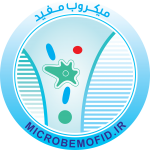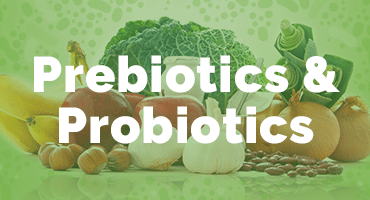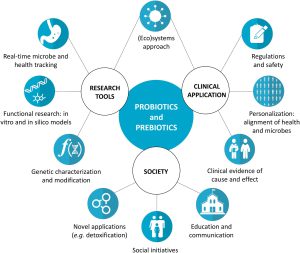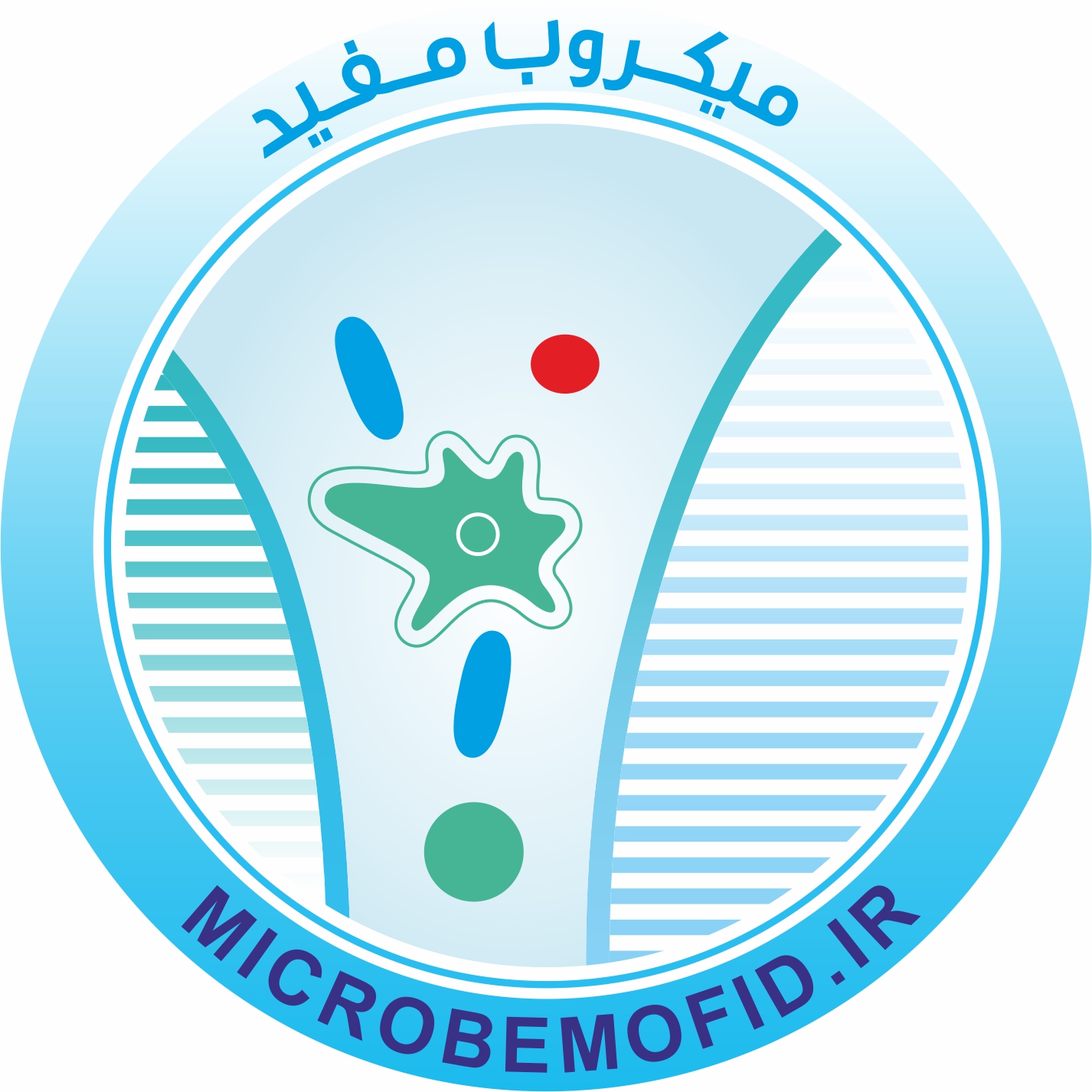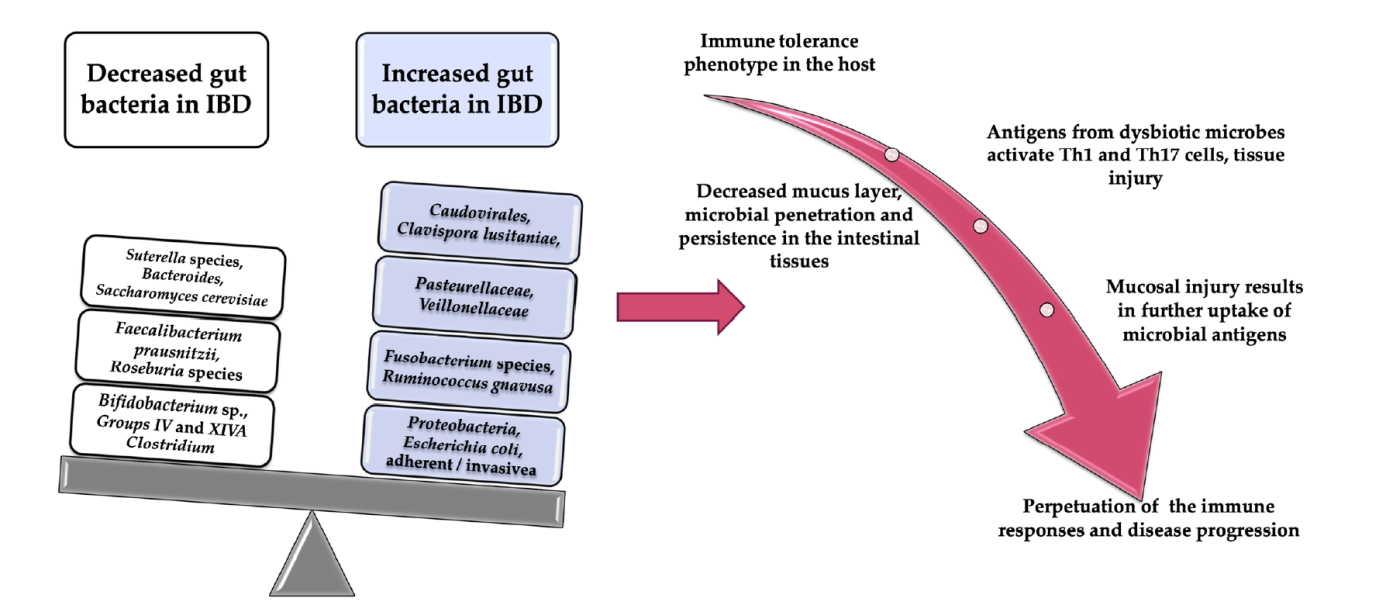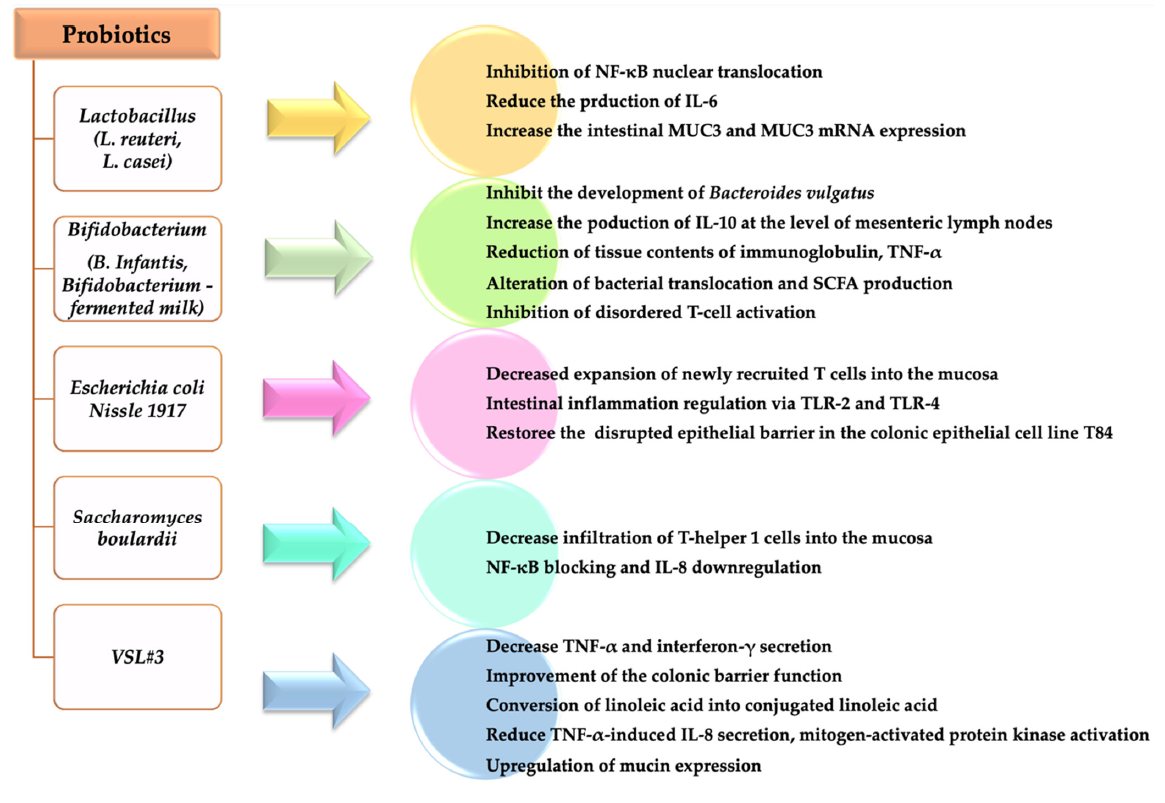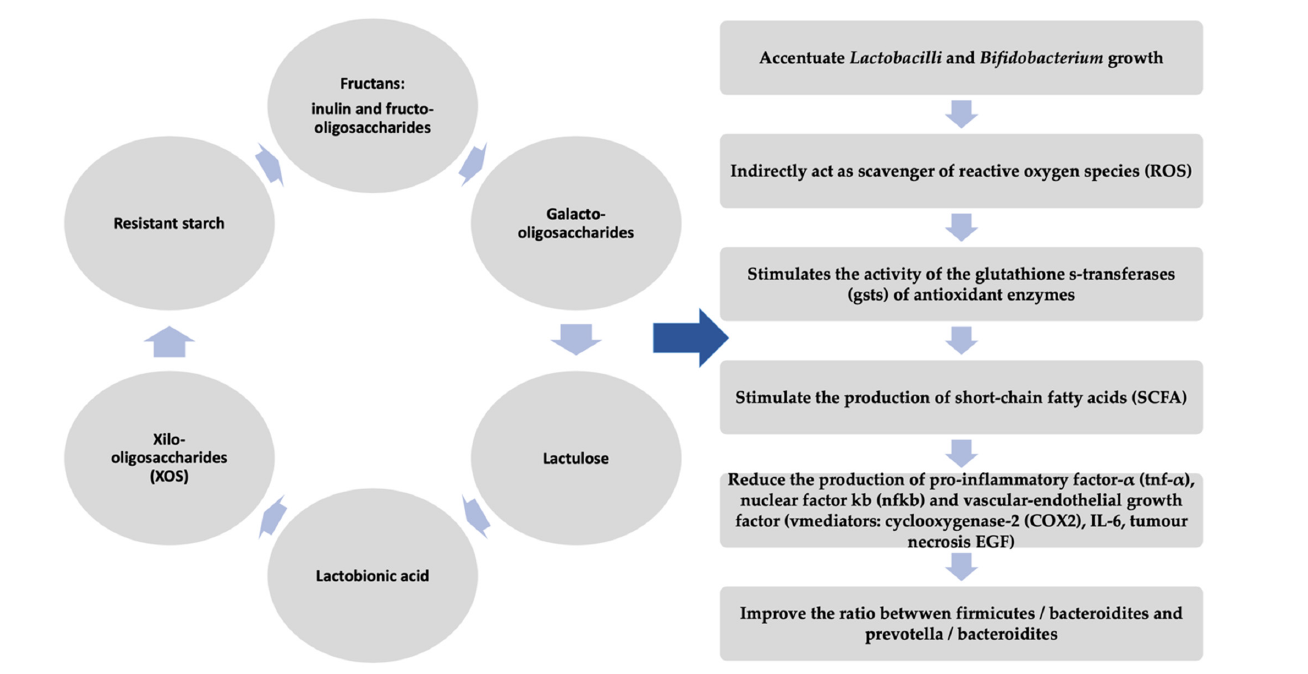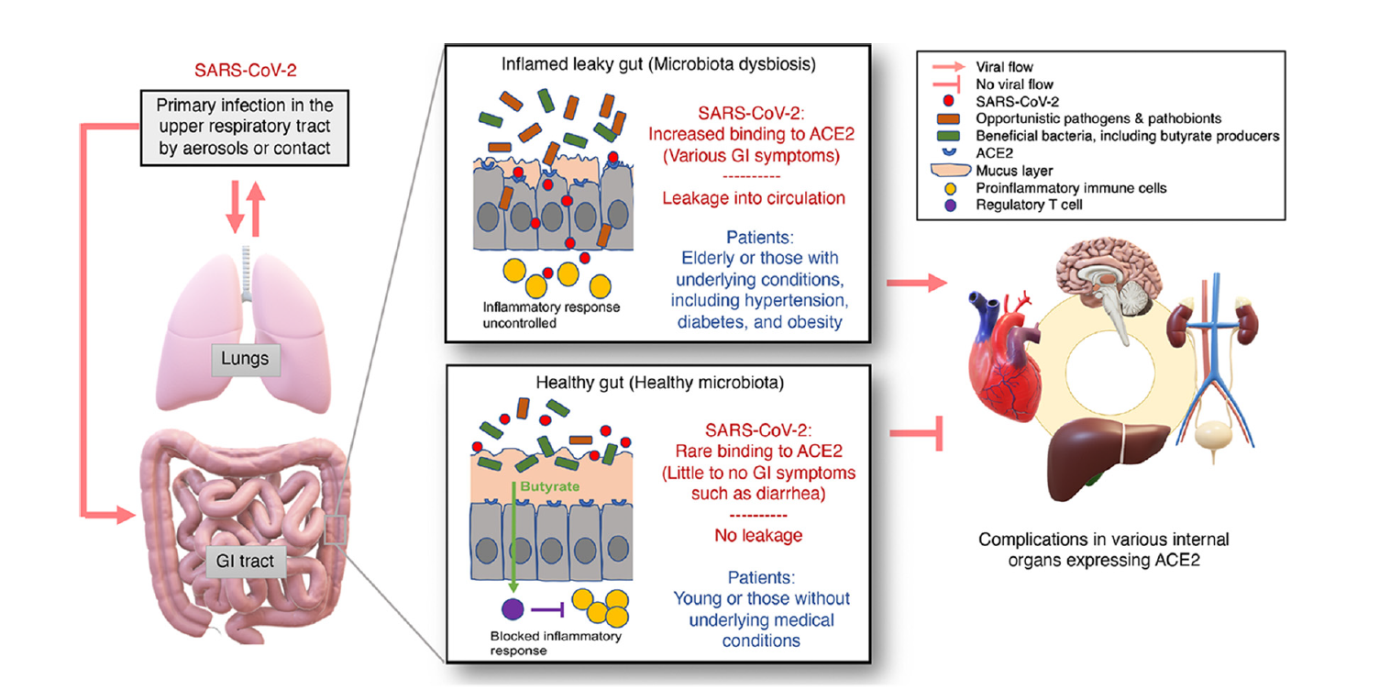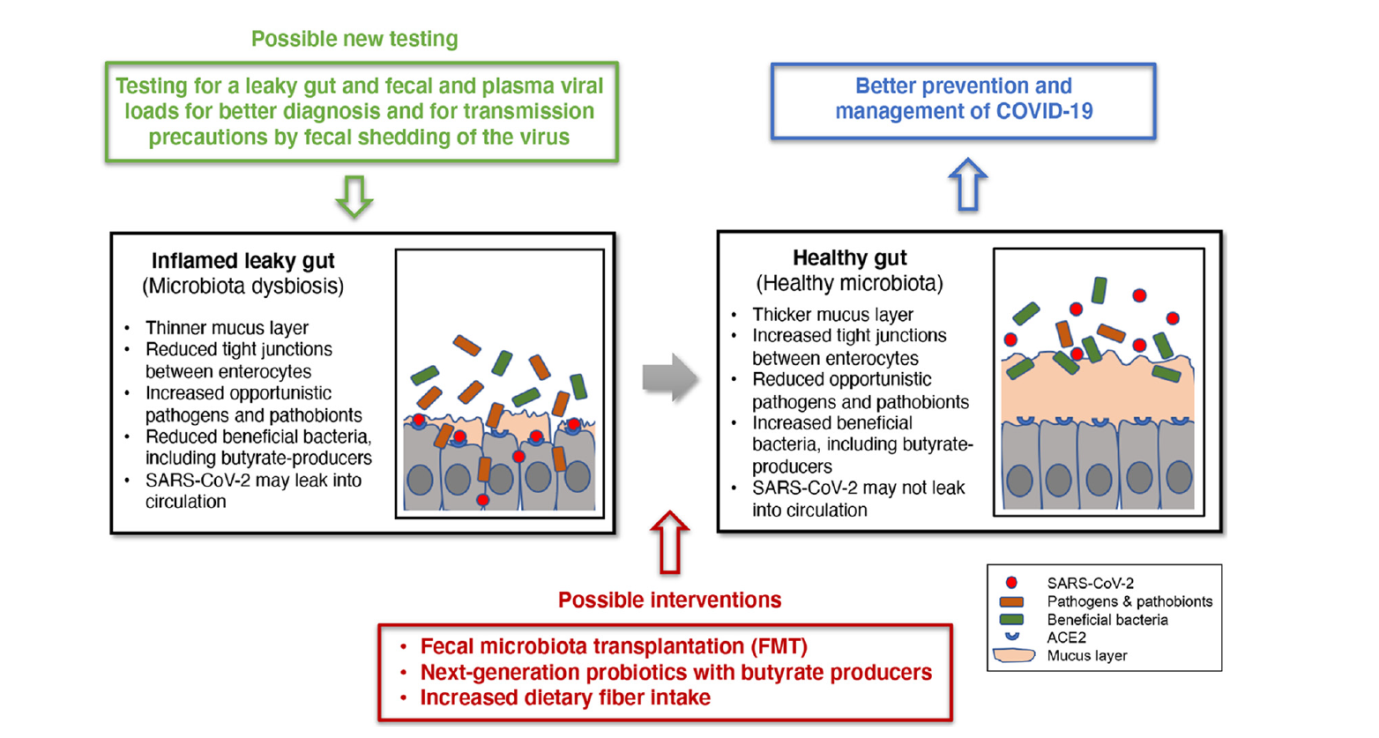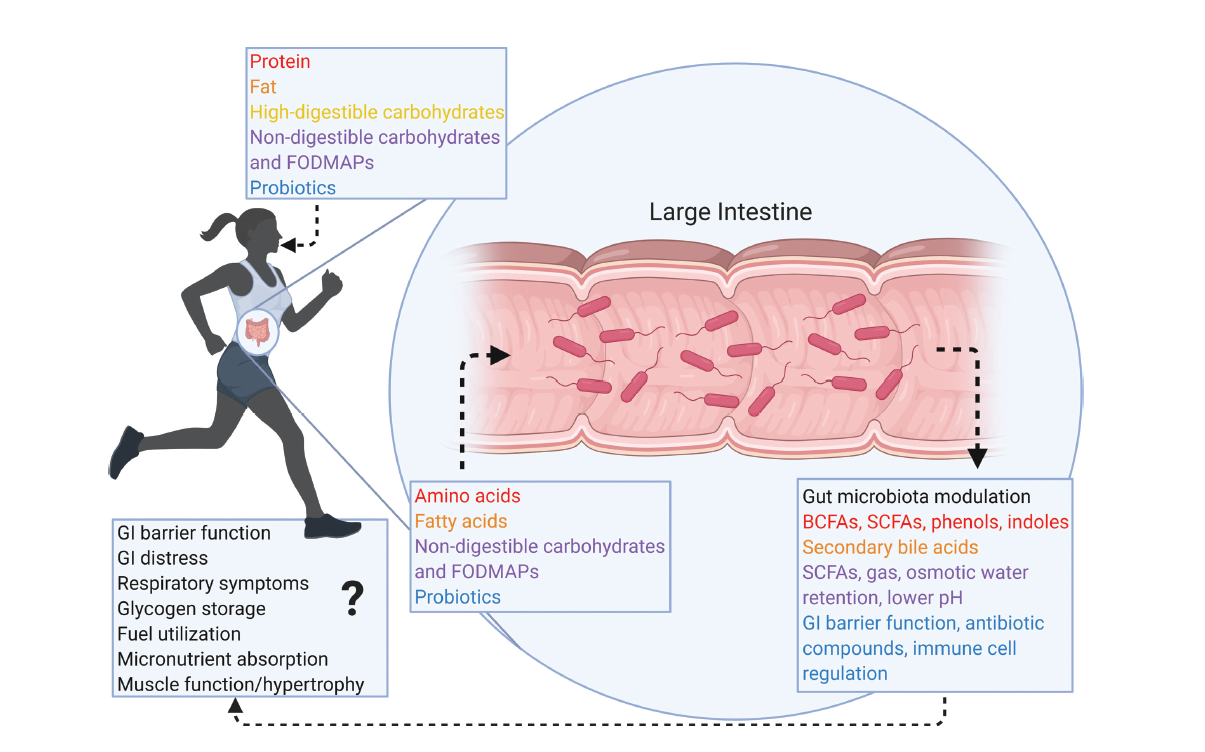Recent and ongoing developments in microbiome science are enabling new frontiers of research for probiotics and prebiotics. Novel types, mechanisms, and applications currently under study have the potential to change scientific understanding as well as nutritional and healthcare applications of these interventions. The expansion of related fields of microbiome-targeted interventions, and an evolving landscape for implementation across regulatory, policy, prescriber, and consumer spheres, portends an era of significant change.
Concluding Remarks and Future Perspectives
The wealth of research into microbiome-targeted nutrition and therapeutics has expanded the
fields of probiotics and prebiotics as well as many related interventions. Both within and outside of the current definitions, new probiotics and prebiotics will emerge, challenging scientific as well
as regulatory definitions. Many substances will be derived from novel sources that meet economic and environmental needs to target a growing range of compositional and functional niches within the microbiome. Industry trends and consumer preferences will continue to drive demand for integration of probiotic, prebiotic, and other bioactive substances into a plethora of formats, supported by advancements in delivery technologies and quality assurance.
While the gut will likely remain as the heartland of these therapies, clinically proven applications will continue to expand in the respiratory system, immune system, urogenital tract, skin, nervous system, oral cavity, cardiometabolic system, and weight-management field.
Healthcare policy and practice
Emerging healthcare challenges will drive research into new areas of global health importance, and a growing body of evidence for key applications will guide increased implementation in healthcare policy and practice.
Accelerating advances in biotechnology and bioinformatics show no sign of slowing and will provide detailed mechanistic insights into the action of prebiotics and probiotics as well as leads to
identify new candidate organisms and substrates. Discovery and validation techniques will continue to undergo refinement, increasing reliability and reproducibility of study findings. This will further enable the comparability of data sets and larger aggregate insights from multiple research streams. These insights, as well as continued investment into large intervention and population based studies, will uncover new ways to improve dietary relevance and clinical efficacy as well as target these interventions and tailor them to individuals’ biology and microbiome. Such a vision is our predicted future of probiotics and prebiotics.
Reference
Cunningham M, Azcarate-Peril MA, Barnard A, Benoit V, Grimaldi R, Guyonnet D, Holscher HD, Hunter K, Manurung S, Obis D, Petrova MI. Shaping the future of probiotics and prebiotics. Trends in Microbiology, August 2021, Vol. 29, No. 8 https://doi.org/10.1016/j.tim.2021.01.003
